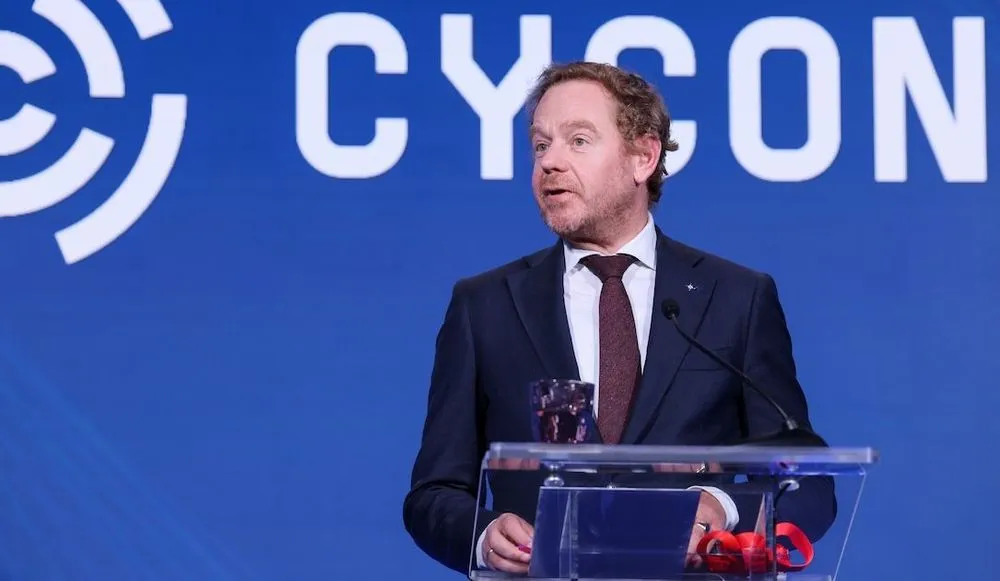Negotiations over new NATO cyber center still ongoing weeks from planned launch
TALLINN, Estonia — Negotiations about NATO’s new cyber center are ongoing just weeks away from the Washington summit where allies are expected to announce an agreement establishing it, a senior official told a conference in Tallinn.
David van Weel, NATO’s assistant secretary general for innovation, hybrid and cyber, confirmed an agreement had not yet been reached in his keynote speech at the International Conference on Cyber Conflict (CyCon).
Details about NATO’s new cyber center have been reported previously by Recorded Future News. The facility will be based at NATO’s military headquarters in Mons, Belgium, and marks the fruition of a significant doctrinal shift in how the alliance approaches operations in cyberspace.
“The center will work to ensure civil-military cooperation at all times, through peacetime, crisis and conflict, recognising and responding to what we see across the cyber threat landscape,” said Van Weel on Wednesday.
Allies last year endorsed the creation of a NATO cyber center during their inaugural cyberdefense conference in Berlin, although at that time the exact plan was unclear.
Suggestions ranged from an institution that would help develop cyber competencies among allies through to a tactical-level command for combined operations, similar to NATO’s maritime (MARCOM), air (AIRCOM), and land (LANDCOM) command centers.
The ongoing negotiations appear to have discarded the idea of a tactical-level command, with officials instead expecting to establish a new facility with the working name of the NATO Integrated Cyber Centre (NICC) although alternatives are also being considered.
The NICC would physically co-locate civilian and military personnel in Mons to provide the Supreme Allied Commander Europe (SACEUR) — effectively NATO’s most senior military official, historically always a senior U.S. military officer — with 24/7 visibility over both NATO enterprise networks and other networks where incidents risk impacting military operations in Europe.
SACEUR “needs to have visibility over what cyberspace looks like for him at all times. That’s the logic behind this, and that’s where we will get to in time for the summit, which is in only a few weeks,” explained James Appathurai, Van Weel’s deputy, citing the example of a cyberattack on a port that could impact the delivery of materiel to Europe.
When he spoke to Recorded Future News in April, Appathurai said the plan was to get everyone aligned about the details of the NICC ahead of the summit in Washington in July, adding that “literally this morning was another meeting of our committee that’s looking at our political-military advice.”
Alexander Martin
is the UK Editor for Recorded Future News. He was previously a technology reporter for Sky News and a fellow at the European Cyber Conflict Research Initiative, now Virtual Routes. He can be reached securely using Signal on: AlexanderMartin.79



